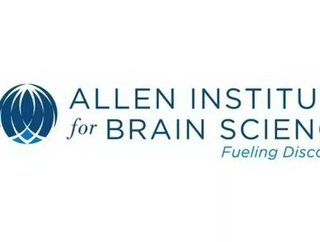Microsoft co-founder pledges $300m to brain research

The co-founder of Microsoft, Paul Allen, has promised to donate £300 million of his personal fortune into brain research.
He is planning to invest the money into the organisation he set up, the Allen Institute for Brain Science, over the next three years.
Allen has said the money will go towards understanding how the brain works, an investigation which will have three main research initiatives.
The project is expected to take 10 years to complete and the $300 million donation means Allen’s personal donations to the Institute now total $500 million.
To read the latest edition of Healthcare Global, click here
- New £1-a-day drug slows the effect of arthritis
- EMRs help to keep costs down, say struggling hospitals
- Budget 2012: GSK invests £500m in UK drug manufacturing
The three following questions will form the basis of the research:
- How does the brain store, encode and process information?
- What are the cellular building blocks that underlie all brain function, and are often targets of disease?
- How do those cells develop, and then create the circuits that drive behavior, thought and brain dysfunction?
To carry out such an in-depth investigation, there are plans to double the current employee compliment to 350 over the next four years, and hiring has already begun.
Alan has charged the Institute with tackling some of the most fundamental and complex questions in brain science today.
The answers to such questions are essential for achieving a complete understanding of how the brain works, what goes wrong in brain-related diseases and disorders, and how best to treat them.
Commenting on the donation, Allen said: “The accomplishments of the Institute have been truly remarkable.
“With its disciplined, mission-focused approach, the Institute has successfully tackled big-science projects, delivering tangible results that are helping to advance brain research around the world every day.”
“I am excited to expand the scale and scope of the Institute's efforts, and I look forward to seeing what we will accomplish in the future,” he added.
Meanwhile Allan Jones, CEO of the Allen Institute for Brain Science, said: “Paul Allen's generosity and bold vision have allowed us to build a unique organisation and advance brain research in ways that wouldn't be possible otherwise.
“This new funding enables us to apply our structured, industrial-scale approach to science to tackle increasingly complex questions about how the brain works—questions that must be answered if we are to understand and treat autism, Alzheimer's disease, depression, traumatic brain injury and the myriad other brain-related diseases and disorders that affect all of us either directly or indirectly.”
The Healthcare Global magazine is now available on the iPad. Click here to download it.
- How Microsoft Supports Michigan Medicine’s ModernisationDigital Healthcare
- How Microsoft Supports Michigan Medicine’s ModernisationDigital Healthcare
- Kinaxis at heart of Microsoft Azure ecosystemProcurement & Supply Chain
- Microsoft helping pharma supply chains navigate changeDigital Healthcare






